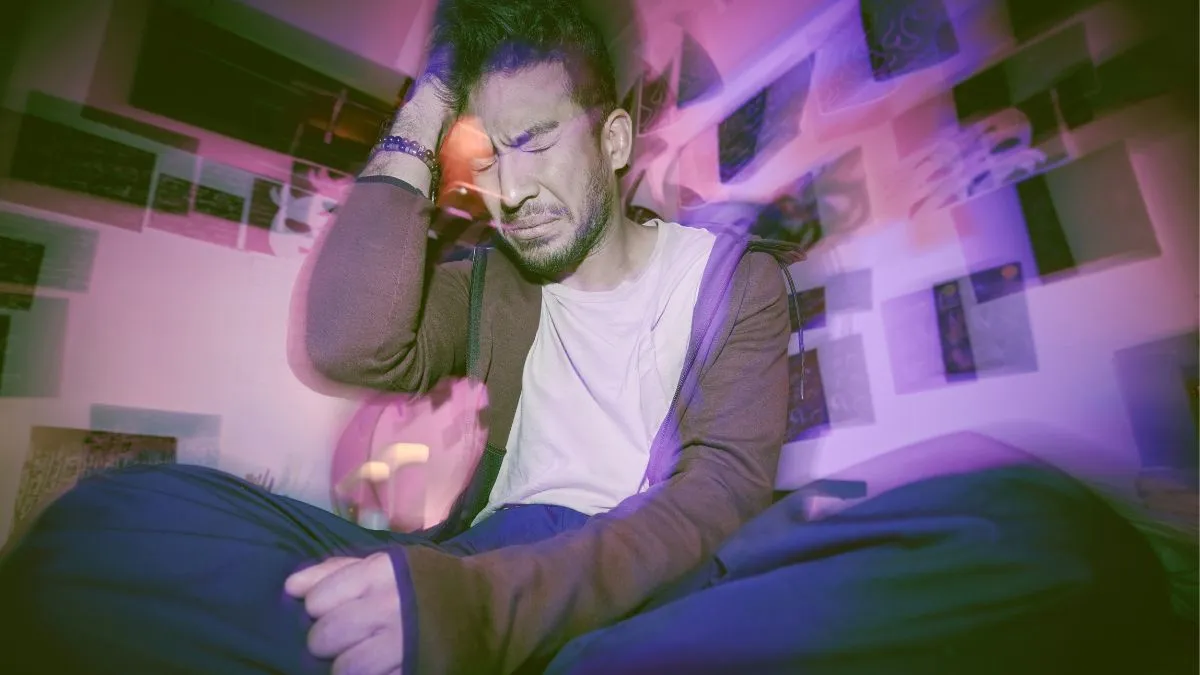- By Iram Hussain
- Sun, 30 Mar 2025 04:59 PM (IST)
- Source:JND
Bipolar disorder is a mental health condition that affects how a person feels, thinks and behaves. People with bipolar disorder experience extreme mood swings, ranging from intense highs (mania or hypomania) to very low moods (depression). Despite being a well-known condition, there are still many misunderstandings about it.
In a conversation with Jagran English, Dr Sameer Malhotra, Senior Director and Head, Dept of Mental Health and Behavioural Sciences, Max Super Speciality Hospital, Saket debunked common myths about bipolar disorder which you should stop believing.
Bipolar Disorder Myths Debunked
Myth 1: Bipolar disorder is rare
Fact: The global prevalence of bipolar disorder is estimated to be between 1–5% of the world's population. Bipolar disorder is characterized by episodes of mania or hypomania and depression. Many times, milder episodes can be missed thinking them to be a part of the person’s nature.
Myth 2: It’s just the mood, not the disorder
Fact: Bipolar disorder is a disorder characterised by periods of persistent low (clinical depression) and high moods (hypo mania/ mania) which are out of one’s character and are associated with dysfunction and negatively affect the sufferers and their family.
Myth 3: Maina is a productive phase
Fact: The manic phase (persistent over-excitement) is characterised by increased activity levels and in fact low productivity and high-risk-taking behaviours. Many times, sufferers during manic phases engage in disinhibited risky behaviours, overspending and buying unnecessary things and making irrational major life decisions.
Myth 4: One can treat bipolar disorder by own and can stop medications when required. Medicines are short-term.
Fact: Bipolar disorder is usually an episodic illness characterised by periods of persistent sadness of mood (clinical depression) and periods of persistent over-excitement (mania and hypomania). It requires long-term medications which are optimised to treat the acute phases of illness, and regular mood-stabilising medications to prevent/ reduce the frequency of relapses. It requires regular treatment under proper professional psychiatric guidance.
Myth 5: It only affects adults
Fact: Children too can suffer from bipolar disorder.
Myth 6: All bipolar disorder people are the same
Fact: It’s important to understand that bipolar disorder can present in different ways. It can be a different experience for the sufferers/their family based on underlying complexities.
Myth 7: Those suffering from Bipolar affective disorder are always unwell
Fact: Usually, bipolar affective disorder is an episodic illness with periods of normalcy in between. Such periods of normalcy can vary from person to person. The treatment paradigms focus on a) healthy lifestyle promotion focusing on regular sleep-wake cycle, balanced meals and avoidance of substance/alcohol misuse; b) early identification and treatment of acute phases of illness c) preventing damage/ irrational behaviour and associated complications and d) regular medication to prevent/reduce the severity and frequency of recurrences/ relapses.
Myth 8: People with bipolar disorder cannot hold jobs
Fact: There are many celebrities, successful businessmen, entrepreneurs, lawyers, doctors, engineers, architects, actors, politicians, gurus and people from all walks of life who have this illness. With proper treatment and a healthy lifestyle, those affected with the disorder can have an improved quality of life.
